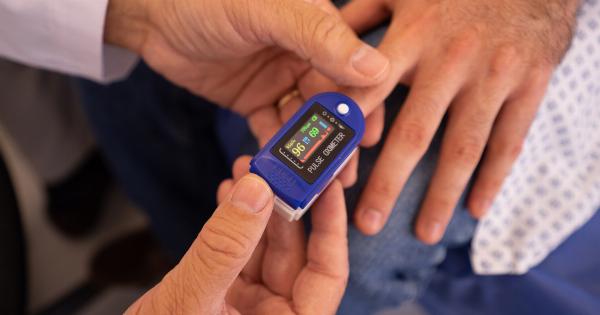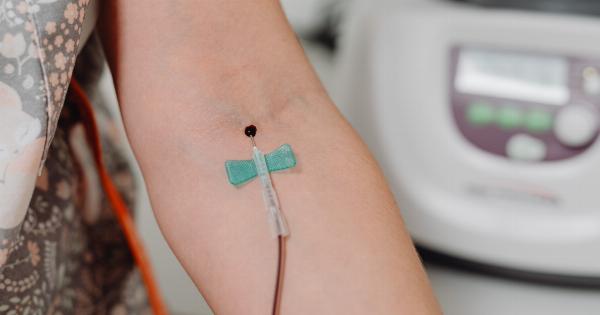In today’s fast-paced world, maintaining good health is of utmost importance.
With the rising prevalence of metabolic disorders such as diabetes, hypertension, and high cholesterol, it has become necessary for many individuals to manage their blood sugar, blood pressure, and cholesterol levels effectively. While lifestyle modifications like a healthy diet, regular exercise, and stress management play a crucial role, pharmaceutical interventions have also proven to be effective in managing these conditions.
In this article, we will explore the different pharmaceutical options available for managing blood sugar, pressure, and cholesterol.
Blood Sugar Management
1. Insulin
Insulin is a hormone that helps regulate blood sugar levels. It is commonly used in the treatment of type 1 diabetes, where the body does not produce insulin.
It may also be prescribed for people with type 2 diabetes who are unable to control their blood sugar levels through lifestyle modifications and oral medications. Insulin is available in various forms, including short-acting, intermediate-acting, and long-acting formulations.
2. Oral Medications
For individuals with type 2 diabetes, oral medications are often prescribed to help manage blood sugar levels. These medications work by increasing insulin sensitivity, reducing glucose production in the liver, and enhancing glucose uptake by cells.
Some commonly prescribed oral medications include metformin, sulfonylureas, thiazolidinediones, and DPP-4 inhibitors.
3. GLP-1 Receptor Agonists
GLP-1 receptor agonists are injectable medications that help lower blood sugar levels. They work by stimulating the release of insulin and suppressing glucagon secretion, which helps regulate blood sugar levels.
These medications are usually prescribed for people with type 2 diabetes who have not responded well to other oral medications.
Blood Pressure Management
1. ACE Inhibitors
ACE (angiotensin-converting enzyme) inhibitors are commonly prescribed to manage high blood pressure.
They work by relaxing blood vessels, reducing the production of angiotensin II, a hormone that narrows blood vessels, and decreasing the release of aldosterone, a hormone that regulates salt and water balance. Some examples of ACE inhibitors include lisinopril, enalapril, and ramipril.
2. Beta-Blockers
Beta-blockers are medications that help lower blood pressure by blocking the effects of adrenaline and reducing the workload on the heart. They also help to slow down the heartbeat and decrease the force of contraction.
Beta-blockers like metoprolol, atenolol, and propranolol are commonly prescribed for managing high blood pressure.
3. Calcium Channel Blockers
Calcium channel blockers work by blocking the movement of calcium into the muscle cells of blood vessels and the heart. This relaxes and widens the blood vessels, reducing blood pressure.
Examples of calcium channel blockers include amlodipine, nifedipine, and diltiazem.
Cholesterol Management
1. Statins
Statins are a class of medications commonly prescribed to manage high cholesterol levels. They work by inhibiting the enzyme HMG-CoA reductase, which plays a key role in cholesterol production in the liver.
By reducing cholesterol production, statins help lower LDL (bad) cholesterol levels and decrease the risk of cardiovascular diseases. Commonly prescribed statins include atorvastatin, simvastatin, and rosuvastatin.
2. Bile Acid Sequestrants
Bile acid sequestrants are medications that bind to bile acids in the intestine, preventing their reabsorption. This leads to increased bile acid excretion in the feces and reduces cholesterol levels in the blood.
Examples of bile acid sequestrants include cholestyramine, colestipol, and colesevelam.
3. PCSK9 Inhibitors
PCSK9 inhibitors are a newer class of medications used for managing high cholesterol levels. They work by blocking the PCSK9 protein, which plays a role in the breakdown of LDL receptors.
By blocking PCSK9, these medications help increase the number of LDL receptors available to remove LDL cholesterol from the blood. Some commonly prescribed PCSK9 inhibitors include evolocumab and alirocumab.






























